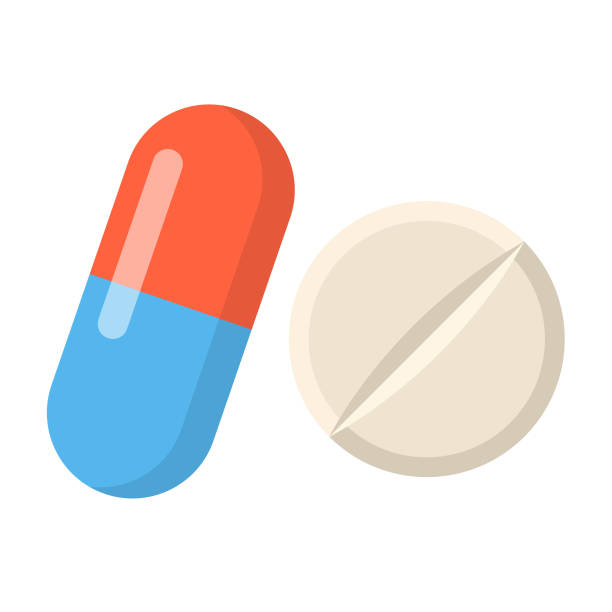Indications
Fexofenadine Hydrochloride is indicated for the relief of symptoms associated with seasonal allergic rhinitis in adults and children. It is also indicated for the treatment of uncomplicated skin manifestations of chronic idiopathic urticaria.
Pharmacology
Fexofenadine Hydrochloride is an antihistamine with selective peripheral H1-receptor antagonist activity. It is rapidly absorbed after oral administration and peak plasma concentration is reached in 2-3 hours. It does not appear to cross the blood brain barrier.
Dosage And Administration
Seasonal Allergic Rhinitis-
Adults and children 12 years and older:
- Tablet: 60 mg twice daily or 120 mg once daily or 180 mg once daily
- In case of impaired renal function: 60 mg once daily
Children from 6 to 11 years:
- Tablet: 30 mg twice daily or 60 mg once daily
- In case of impaired renal function: 30 mg once daily
Children from 2 to 11 years
- Suspension: 30 mg or 5 ml twice daily
- In case of impaired renal function: 30 mg or 5 ml once daily
Chronic Idiopathic Urticaria-
Adults and children 12 years and older:
- Tablet: 60 mg twice daily or 120 mg once daily or 180 mg once daily
- In case of impaired renal function: 60 mg once daily
Children from 6 to 11 years:
- Tablet: 30 mg twice daily or 60 mg once daily
- In case of impaired renal function: 30 mg once daily
Children from 6 months to less than 2 years:
- Suspension: 15 mg or 2.5 ml (1/2 tsp) twice daily
- In case of impaired renal function: 15 mg or 2.5 ml (1/2 tsp) once daily
Children from 2 to 11 years:
- Suspension: 30 mg or 5 ml (1 tsp) twice daily
- In case of impaired renal function: 30 mg or 5 ml (1 tsp) once daily
Interaction
Plasma concentration of Fexofenadine Hydrochloride have been increased when given with erythromycin or ketoconazole. Aluminium and magnesium hydroxide containing antacid reduces the absorption of Fexofenadine Hydrochloride.
Contraindications
Contraindicated in patients with known hypersensitivity to Fexofenadine Hydrochloride or any of its ingredients.
Side Effects
Common side effects are headache, fatigue, drowsiness, nausea, dry mouth and gastrointestinal disturbances.
Pregnancy And Lactation
US FDA pregnancy category of Fexofenadine Hydrochloride is C. So, Fexofenadine Hydrochloride should be avoided in pregnancy and lactation unless the potential benefits to the other outweigh the possible risks to the fetus.
Precautions And Warnings
Caution should be exercised in elderly patient and patient with decreased renal function.
Overdose Effects
In case of an overdose, standard measures to remove any unabsorbed drug should be employed. Symptomatic and supportive treatment is recommended. There has been no reported case of an acute overdose of Fexofenadine hydrochloride.
Therapeutic Class
Non-sedating antihistamines
Storage Conditions
Keep in a dry place away from light and heat. Keep out of the reach of children.
